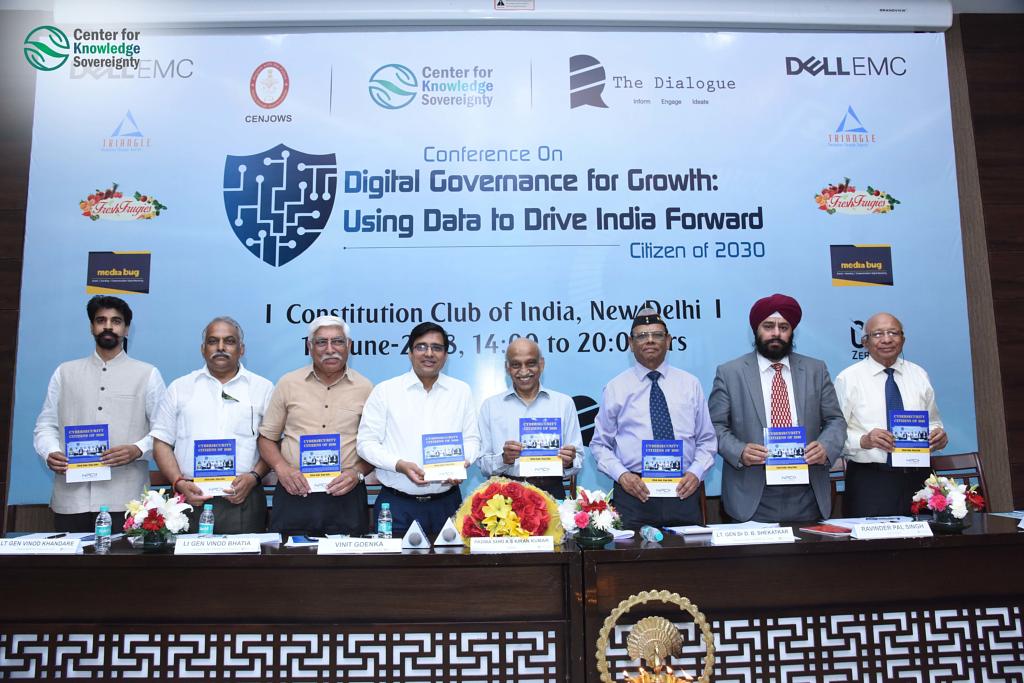The conference commenced with Padma Shri AS Kiran Kumar emphasizing the significance of adopting emerging technologies in today’s democratic era. He underscored the digital transformation in the economy and the need to digitize essential government services like healthcare, education, banking, and travel.
For the Government of India, embracing digital technology is crucial for the nation’s success, including initiatives like expanding the fiber optics network to improve internet accessibility. Technology is emerging as a catalyst for better governance, exemplified by Telangana’s role as Asia’s leading real-time governance command center. This center monitors everything from natural disasters to government services.
Private enterprises, such as Google, are contributing to public Wi-Fi programs in India, with the Indian railways now offering free internet access at stations like Assam’s 400th railway station. ISRO has developed the NaVig app, which aids fishermen by providing local navigation even without connectivity.
India is on the brink of a digital revolution, with a billion people entering the digital age, creating numerous opportunities in the digital sphere. The Digital India campaign and the widespread use of emerging technologies are fueling a data explosion, offering valuable opportunities for data utilization. Aadhaar aims for full coverage by 2020, and India targets 850 million internet users by 2022.
To achieve high-speed transportation of 100 Gbps through satellite systems and ensure data security, collaboration among all stakeholders is essential. Satellite broadband remains an attractive option due to its wide reach and low latency. Space technology enables real-time provision of geospatial and atmospheric data, enhancing weather and climate predictions with data available to forecasters within 180 minutes.
Ground and ocean-based sensor networks provide valuable insights and drive significant changes in government monitoring and planning, benefiting sectors like forestry, urban development, and aviation safety. Location-based services can assist fishermen with local information, messaging services, and input for their work.
High-frequency transponder systems can establish specific location connections via higher frequency links, while mobile healthcare systems in partnership with NGOs can greatly enhance cancer and mental healthcare capabilities. Space-based systems facilitate knowledge dissemination and enable secure data communication.
In summary, the conference highlighted the transformative potential of technology, digital infrastructure needs, and the vast opportunities emerging in the digital age for India’s progress and development.
